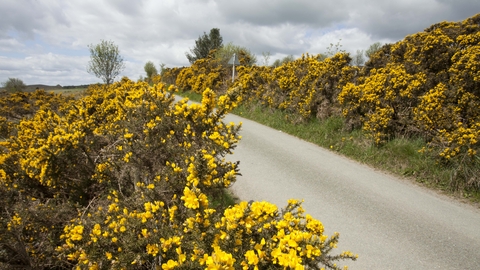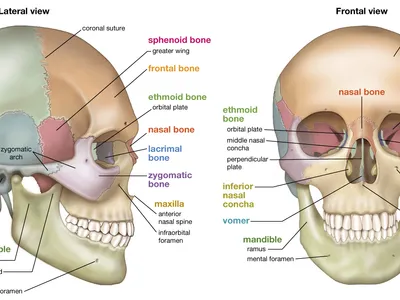This descriptive word was found in the first paragraph of “The Priory School” in The Greatest Adventures of Sherlock Holmes. The definition surprised me a little, but it makes sense now that I have read the story.
Dolorous – causing, marked by, or expressing misery or grief
Usage: “The heavy, white face was seamed with lines of trouble, the hanging pouches under the closed eyes were leaden in color, the loose mouth drooped dolorously at the corners, the rolling chins were unshaven.”
Dr Watson is describing a man who staggered up the steps at their Baker Street rooms and collapsed at the door in anguish. Why? You’re going to have to read “The Priory School”.


